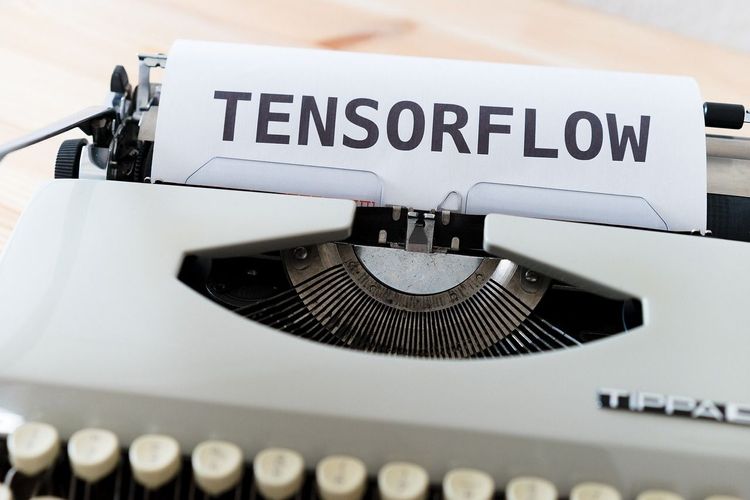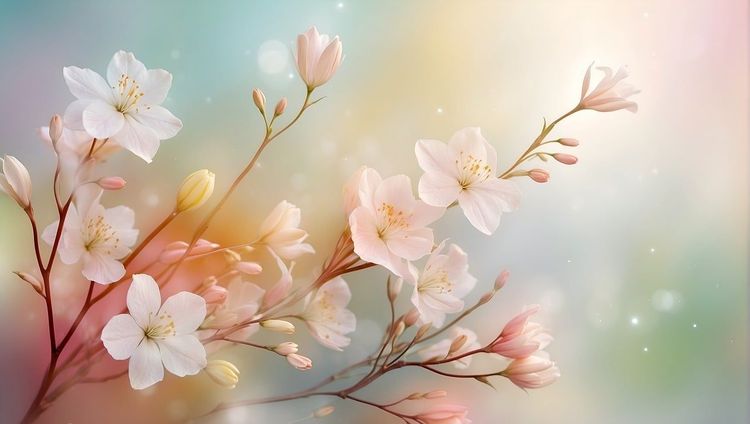Recently, the photography competition organized by the Sichuan Provincial Photographers Association faced controversy over a third-place winning entry titled "Layered Peaks," which is suspected to be AI-generated. Many social media users commented that the image appears artificial, noting "the signs of AI are very obvious." Some critics argue that AI technology has developed to a point where it can convincingly mimic authentic photographic art, potentially disrupting both the competition and the development of the art industry.
Li Xuepu, a member of the Chinese Photographers Association and head of the online competition division of the Sichuan Provincial Photographers Association, pointed out that the rules clearly prohibit AI-generated works. Once the organizers were made aware of the situation, they contacted the author of the work, who failed to provide the necessary original materials. Subsequently, the association issued a statement addressing the controversies surrounding "Layered Peaks," emphasizing their commitment to integrity in photography. After thorough investigation, they decided to revoke the entry’s award status.
Wang Fei, an attorney and senior partner at a law firm, indicated that submitting AI-generated images without permission raises serious concerns about artistic integrity. If such practices go unchecked, they could undermine the trust within the entire professional community. Reports indicate that as AI technology progresses, instances of AI-created works entering and winning photography competitions have indeed increased. For example, at the Ballarat International Foto Biennale, Swedish photographer Nordenskjöld won with an AI-generated piece titled "Twin Sisters in Love," sparking discussions about the role of AI in art creation.
Concerns about the implications of AI in photography have led many artists to feel that incorporating AI into photography diminishes the value of traditional photography and disrespects photographers. Li Yue, a legal expert, argued that true photographic works require personal judgment in aspects like light, composition, and angle, whereas AI-generated pieces rely on software and data, creating an unfair competition landscape. He suggested that separate AI art competitions should be established to maintain the integrity of traditional photography contests.
Additionally, the issue of copyright concerning AI-generated content is contentious, as Chinese law has yet to provide clear guidelines on ownership of such works. However, judicial precedents suggest that courts recognize the rights of creators in relation to AI-generated material. For instance, the Beijing Internet Court ruled on China’s first copyright infringement case involving AI-generated images in 2023, recognizing an individual’s rights over images produced using AI technology.
The court's ruling emphasizes that whether AI-generated content qualifies as a work of authorship is case-dependent, highlighting the need to define originality in relation to AI creations. Wang Fei notes that the growing application of AI technology demands regulation. He advocates for transparency in the AI generation process, requiring clear labeling of the AI tools used, and establishing guidelines to distinguish appropriate from prohibited uses. As the discourse around AI in photography evolves, these considerations are vital for ensuring ethical practices in the artistic community.







